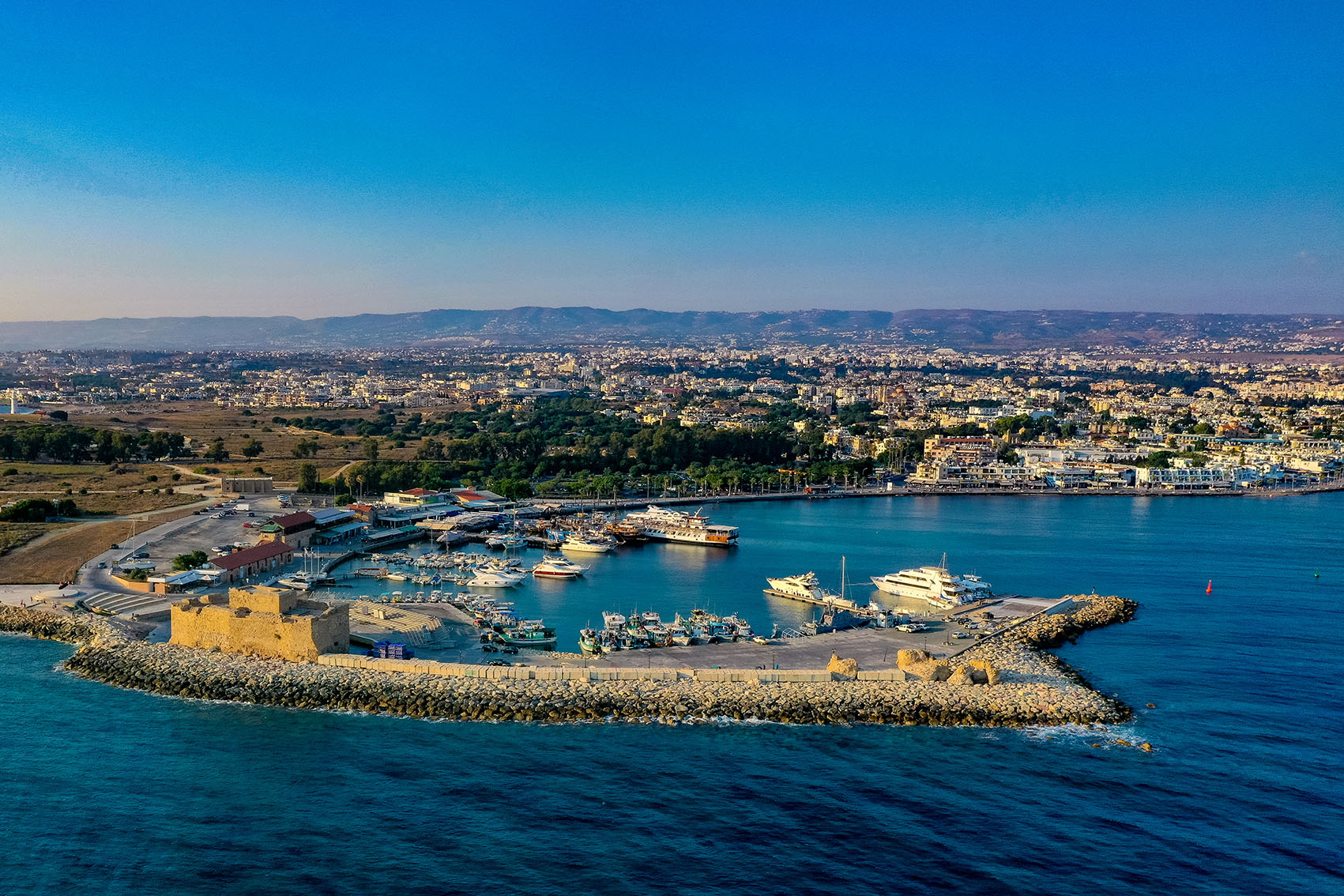I’m not sure what local democracy looks like from where you are sitting, but in Cyprus, power is kept in a jar where only the elite can wet their whistle.
Cyprus advocates Big Brother politics, where everything is controlled by a bureaucracy that extends no further than its nose.
Power has yet to evolve to local councils or large municipalities that should be better equipped to meet the needs of their community.
Conducting free and fair elections is not the only metric that gauges whether democracy is at work.
Voting at the ballot box – an exercise scorned by many – gives another individual the power to join the gravy train.
A popular view among cynics, although there are politicians who want to make a change for the better, the system will eventually chew them up.
It’s easy to paint politicians in unflattering monochrome, but they give us plenty of excuses to believe the game is rigged in their favour.
We want to see equal opportunity in practice and government action that improves people’s lives or respond to the shifting social dialogue.
The government has tried to reinvent Cyprus as an attractive investment hub for foreign companies to do business.
It wasn’t helped by the cash-for-passports fiasco or the lingering stain as a tax haven for money launderers.
Suitcases filled with money will open many doors; that’s how the world works, whether the cash is clean or fell off a lorry driven by international criminals.
It happens everywhere, although Cyprus seems to have a moral weakness in this area, a predilection for bad behaviour when wads of cash are waved in front of officials.
Another thing the ruling class finds hard to do is decentralise power, giving more freedom to local authorities to govern their patch as they see fit.
If we believe the President, he wants a federal solution for divided Cyprus but devolving power to local government has proved just as difficult.
He has tried to push through local government reform by reducing the number of municipalities that drain resources and duplicate red tape.
Too centralised
But according to a Council of Europe report, Cyprus is one of the most centralised countries on the continent despite its democratic values.
To engage Cypriots in politics and their community, they need to feel they have some control in decision making at a local level.
Improving the environment where they live or grew up would help Cypriots feel they are not disenfranchised from the political system.
It might turn the tide against the growing apathy among younger voters and render local elections more relevant.
Cyprus is a “very centralised country” where local authorities are too dependent on state hand-outs, and laws don’t ensure adequate financing to provide municipal services, the CoE report said.
Compared to the rest of Europe, local government responsibility remains limited to acting as a rubber stamp with little say in the future.
There are also no mechanisms to distribute greater resources to poorer communities that are left to struggle in silence.
Cypriot officials also acknowledged that many municipalities lack financial autonomy, cannot meet the population’s needs, and face a liquidity squeeze.
The report accepted that Nicosia had drafted a “comprehensive reform of local government” that is expected to be eventually approved by parliament.
It is rather unusual for Cypriot MPs to be dragging their feet over badly needed reforms to improve the situation.
I’m hard-pressed to think of any examples where parliament has fallen well below the standards expected of it.
That is not true; there are no expectations of parliament.
In an ideal world, the reforms are intended to boost local self-governance, strengthen finances, and reduce existing municipalities by half.
It was also recommended that local self-governance be enshrined in law, allowing municipalities to receive a larger share of local taxes and eliminate central government controls over local authorities.
Consequently, it would give local authorities more say in town planning – rather than being dictated to – and target social welfare spending.
Hopefully, local government reform will lead to better outcomes, efficiency, transparency, accountability, and improved services.
It could even end postal code bias and limited opportunities – and Christmas might come early.










